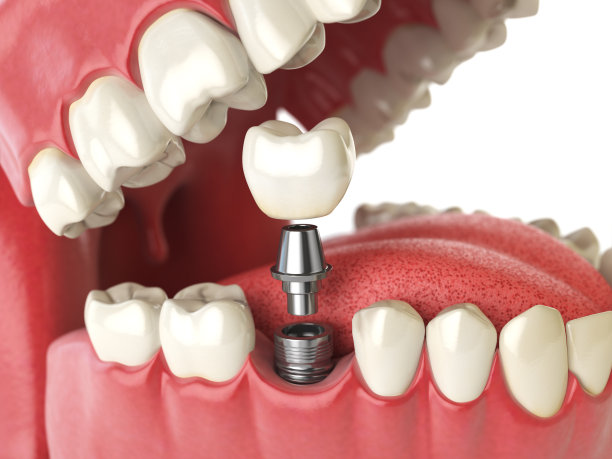Understanding the Process of Extracting a Tooth and Its Importance for Dental Health and Wellbeing
Summary: Tooth extraction is often seen as a daunting dental procedure; however, understanding the process is crucial for maintaining overall dental health and wellbeing. This article explores four key aspects of tooth extraction: the reasons why teeth need to be removed, the extraction procedure itself, aftercare following extraction, and the potential implications for overall health. By demystifying the extraction process and emphasizing its importance, individuals can make informed decisions about their dental treatments, leading to healthier, happier smiles.
1. Reasons for Tooth Extraction

Tooth extraction is typically recommended when a tooth is severely damaged, decayed, or infected beyond repair. Dental professionals often prioritize saving a tooth; however, in some cases, the damage is too extensive, necessitating extraction. This is especially true for wisdom teeth, which can cause crowding or other dental issues.
Another common reason for tooth extraction is periodontal disease, a serious condition that affects the gums and surrounding tissues. If left untreated, this disease can lead to tooth mobility and significant discomfort, making extraction a better option for overall dental health.
Lastly, overcrowding can result in extraction, especially before orthodontic treatments. Removing certain teeth can create space for proper alignment, improving both the function and aesthetics of ones smile.
2. Understanding the Extraction Procedure
The tooth extraction procedure starts with a thorough examination, often accompanied by X-rays to assess the tooths condition and surrounding structures. Local anesthesia is then administered to ensure the patient is comfortable throughout the process. For more complex extractions, sedation may be utilized.
The extraction itself involves carefully removing the tooth from its socket. In simple extractions, the dentist uses a tool called an elevator to loosen the tooth, followed by forceps to remove it. Surgical extractions, which are more complicated, may require incisions and additional techniques to envelop the tooth completely.
Once the tooth is removed, the dentist provides instructions for managing any bleeding and pain post-procedure. Understanding these steps helps reassure patients and sets realistic expectations for recovery.
3. Aftercare Following Tooth Extraction
Post-extraction care is critical for recovery and minimizing complications. Immediately after extraction, patients are advised to bite down gently on gauze to control bleeding. Its essential to avoid rinsing or spitting for at least 24 hours to allow the initiation of blood clot formation.
In the following days, patients should stick to a soft food diet, avoiding hard, crunchy, or spicy foods that can irritate the extraction site. Staying hydrated and following a prescribed pain management regimen is also key to a smooth recovery.
Monitoring the extraction site for any signs of infection, such as excessive swelling, pain, or discharge, is crucial. If these issues arise, patients should contact their dentist promptly. Following these aftercare steps significantly improves the likelihood of a quick and healthy recovery.
4. Implications for Overall Health and Wellbeing
The implications of tooth extraction extend beyond oral health, as poor dental health can influence overall wellbeing. For instance, infected teeth can lead to systemic issues like heart disease or diabetes if bacteria enter the bloodstream. Thus, extraction often serves as a preventive measure to avoid more serious health concerns.
Moreover, maintaining a healthy smile can enhance self-esteem and mental health. Experiencing pain due to a problematic tooth can severely impact quality of life; hence, addressing these issues through extraction can lead to significant improvements in both physical and emotional wellbeing.
Finally, regular dental check-ups and cleanings can prevent the need for extractions. This proactive approach to dental care emphasizes the importance of overall health and the interconnectedness of oral and general wellbeing.
Summary:
The process of extracting a tooth may seem intimidating, but understanding its purpose and procedure allows individuals to engage actively in their dental health. From serious decay to proper preventative measures, tooth extractions play a significant role in overall health, which should not be underestimated.
Taking care of your teeth is an investment in your future; regular check-ups can save you from extensive procedures. Remember that your oral health is vital to your overall wellness!
This article is compiled by Vickong Dental and the content is for reference only



